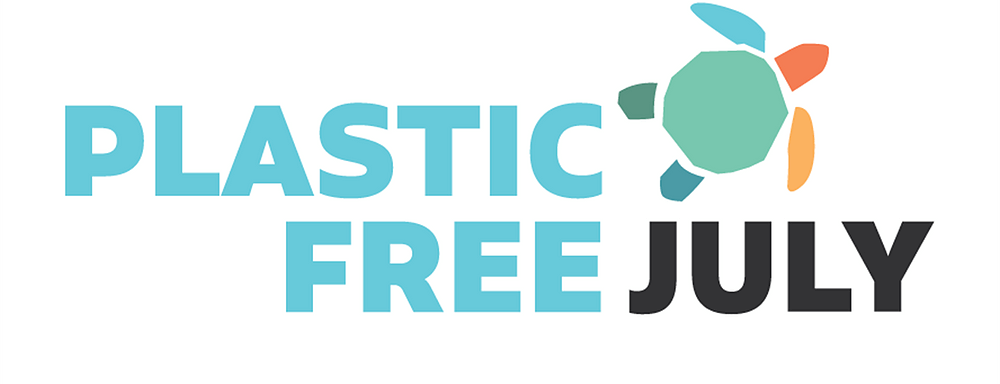Plastic Free July, an idea that started with a small group of people in Australia, has grown into a worldwide movement that runs for a whole month. It is meant to raise awareness and inspire you and me to reconsider our plastic usage, particularly single-use plastics. The threat of plastics to our environment is a horror we are all too aware, and for us the residents of Nairobi, experience its effects every rainy season.
What are you doing to celebrate the month? Are you making small lifestyle changes as you play your part in limiting the number of single-use plastics being introduced to our open spaces?
As a country, we banned single-use plastic bags. Later, we went a step further by extending the ban to include all types of single use plastics in our national parks, beaches and other protected areas. This, however, means that outside these protected areas, these other single use plastics like bottles, straws and wrappers are still being used and discarded to pollute our environment and clog our drainages. So, the laws and regulations we enacted, while admirable, are not enough. This is where the private sector should come in.
As the biggest drivers of our lifestyles, organizations are uniquely placed to drive changes to our single-use plastic usage beyond where it is restrained by law. Especially for this month, organizations, both individually and as collectives, should be at the forefront raising awareness on Plastic Free July. They should be initiating public conversations on the need to reduce our plastic footprint and how to do it with small simple practical changes to our lifestyles.
For restaurants and retailers, they should be encouraging customers to reconsider plastic straws in favour of alternatives such as straws made of paper and bamboo, or not using straws altogether. Manufacturers, through their association, Kenya Association of Manufacturers, should be educating the public on safe disposal of plastic bottles and wrappers.
These conversations should be backed by solid commitments to play their part in limiting the existence of single-use plastics in the first place. Extended producer responsibility is a good example of this.
Our workplaces should be hubs for discussing and showcasing ways of limiting our plastic waste footprint. We should be encouraging our staff to advocate for the same in their personal lives. On our roads, the various government bodies in-charge including our police need to raise awareness on the carelessness we display in throwing empty bottles out of our car windows and strongly discourage it. Ordinary citizens should be empowered to point out these polluters who should then be made to undo what they have done.
Challenges limiting adoption of responsible plastic waste disposal for recycling should be identified and resolved. The biggest of this is the limited distribution of proper disposal points. The few that are there are not clearly indicated or communicated so that the public is aware of their existence. More drop-off points for plastic waste should be set up, clearly marked and the public urged to utilize them.
The Covid pandemic has brought with it a new kind of single-use plastic nightmare that is face masks. Any benefits that were accrued out of the banning of single use plastic bags are being wiped out by this. With priority being given to tackling the pandemic as it affects our health, this secondary affliction of this pandemic should also be given prominence.
The average Kenyan is aware of the plastic problem. While it may not rank as high for some of them due to their economic situations, it, nonetheless, does not mean they do not care. They just need to be engaged, encouraged and supported in tackling plastic waste in their neighborhoods so as to make it easier for them to reduce, reuse and recycle.

